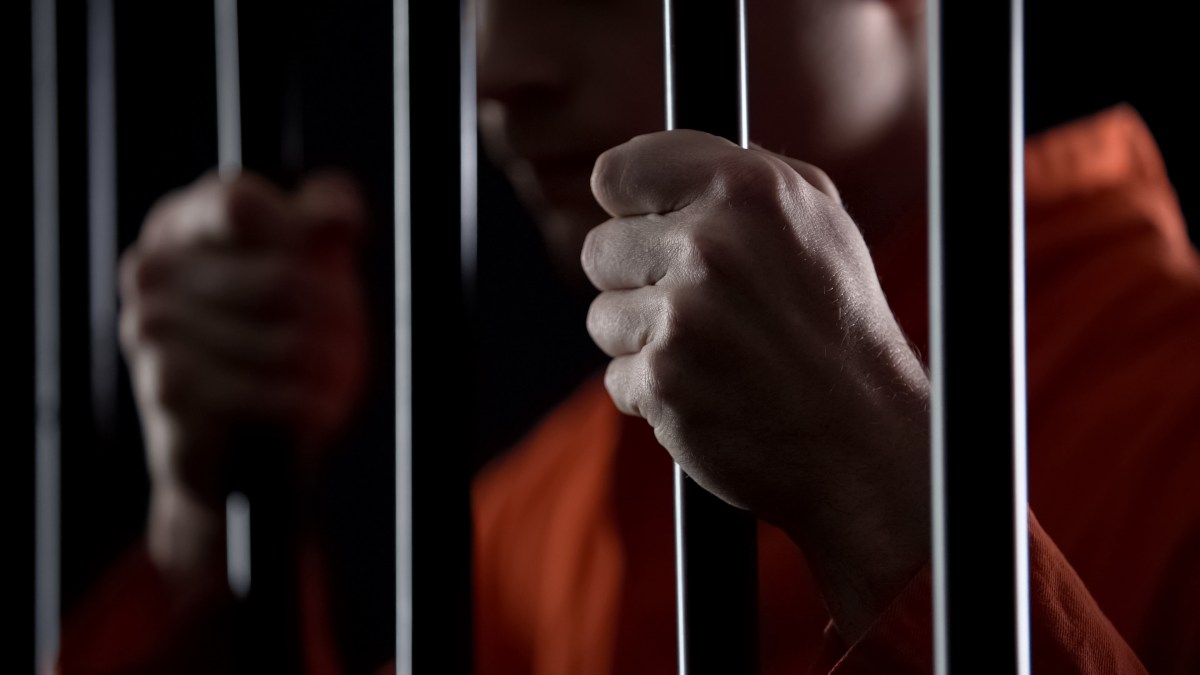The proposed Elder Parole Bill before the New York State Legislature failed to pass for good reason, it treats every incarcerated person the same, regardless of the crime they committed. If passed, the Elder Parole legislation would give a green light to all incarcerated people aged 55 and older to go before the NYS Parole Board for release consideration, regardless of their crime, as long as they have served 15 years of their sentence – even if they have not served their minimum sentence.
Crimes are differentiated in the Penal Code for good reason. As the severity and societal impact of the crime increases, so too does the crime degree and subsequent potential sentence when convicted of a crime. There is a stark difference between an opioid addicted offender in need of treatment who commits a non-violent property crime to feed an addiction, and a sexual predator who abducts, rapes, murders, and dismembers a child, or someone who executes a police or other law enforcement officer, or violent gang members who hunt down teenaged girls and hack them to death with machetes, as occurred here in Suffolk County. These offenders cannot and should never be treated the same for purposes of possible release.
Advocates in support of the Elder Parole Bill argue that every offender should be treated the same, and that if passed, the law would not allow for offenders to be released, but would instead give them an opportunity to plead their case before the Parole Board. If that were to happen, then victims, surviving parents and families of those who were victimized would have to argue their case every two years before the Parole Board as well – in fact, maybe decades before they would have had to, depending upon the original sentence that offender received. The proposed law would in essence be clawing back on the original sentence and granting those violent offenders who committed horrific crimes eligibility for parole hearings every two years – requiring victims, surviving family members, and in some cases, entire communities to relive horrific traumas in ongoing fights to continue to keep violent predators behind bars, when in fact they should have never been eligible for that Parole hearing in the first place, but for this new law.
Let’s not forget that victims have rights too, as do the families that suffer for generations after a heinous victimization occurs. According to Cornell Law, criminal justice is a term that refers to the laws, procedures, institutions, and policies that come together before, during, and after the commission of a crime. Changes to any part of the criminal justice system must not ignore or dismiss the impact that any such change will have on a victim, their surviving family members, and the communities that support them.
Laura A. Ahearn, Esq., LMSW is the Executive Director of The Crime Victims Center, Inc. and a Private Practice Attorney.


















